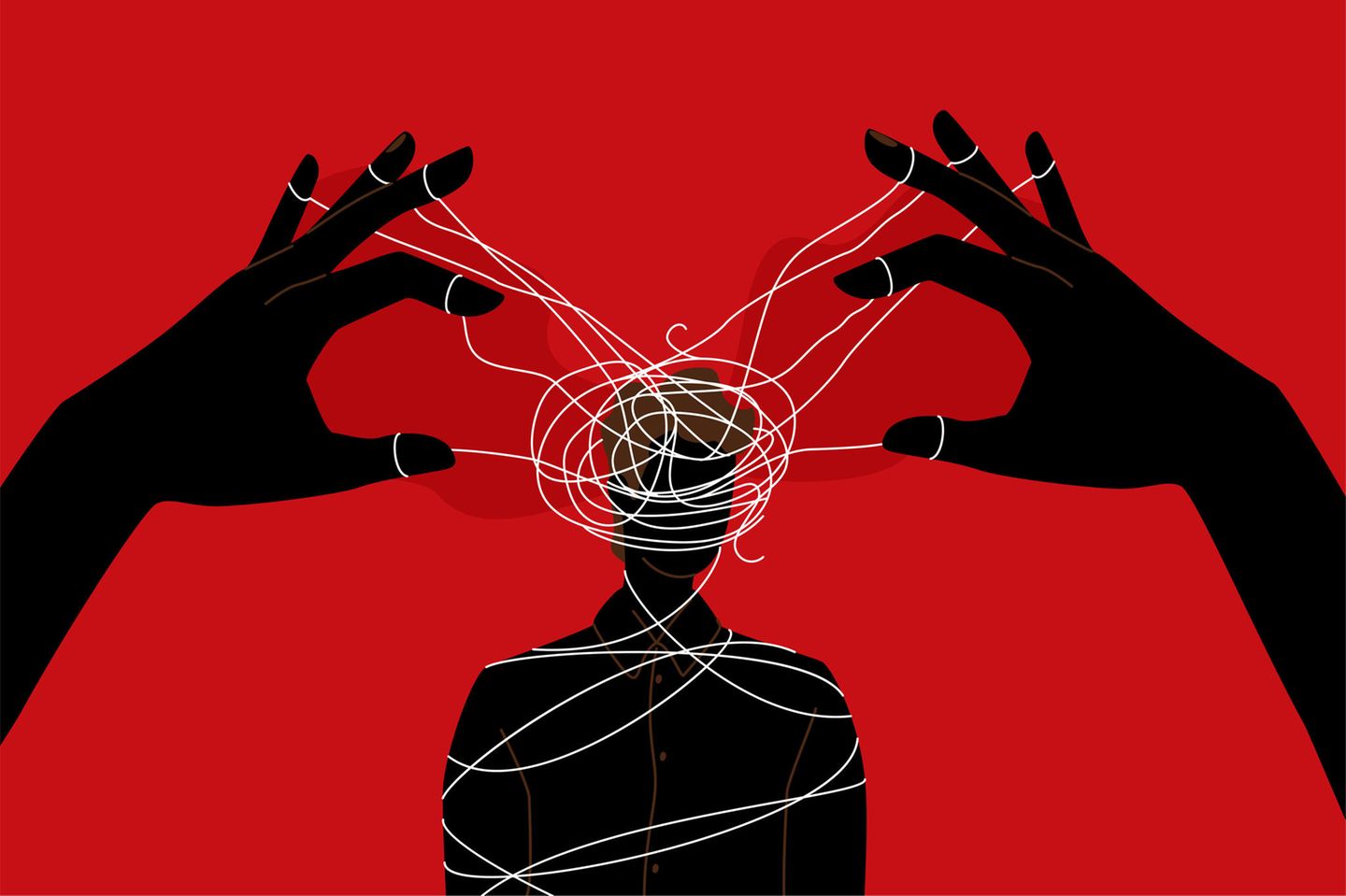psychology
4 things manipulative people do to make you compliant
© zaie / Adobe Stock
Those who are being manipulated are often not aware of it for a long time. It can take months or even years before we recognize that a behavior is intended to make us compliant or to unsettle us. It is all the more important that we deal with these in order to be able to recognize them in such a situation.
These things can be a sign of manipulation
They cross boundaries
The partner sets off for brunch with her best friends and the partner shows up a little later with snacks for the whole group. He:She spontaneously invites himself to events that were supposed to take place without he:she. But it can also be simple things like not staying outside as desired when working from home when your partner is working or disposing of things without asking that you “don’t need anymore anyway.” Some behaviors are subtle. However, if a person has set up personal boundaries in a relationship that are repeatedly violated, this can be a sign of manipulation or an attempt at control.
You take no responsibility
In healthy relationships there is often talk of people owning up to their own mistakes. For example, with the words “I know that my behavior was not okay.” However, manipulative people often make it seem as if the circumstances of the situation are to blame for their “faux pas”. It doesn’t matter whether it is rather small or quite large. If it’s not the circumstances, it’s usually other people who are blamed. So basically it’s always someone else’s fault.
They take advantage of other people’s weaknesses
Manipulative people are good at recognizing what weaknesses a person sees in themselves. If she is dissatisfied with her appearance, she may be teased even more with small asides so that her self-confidence suffers. Because those who are insecure are also easier to control. People’s good nature often becomes a weakness in their presence, for example when one favor follows another.
They make others doubt themselves
In a relationship, manipulators often portray themselves as the victims. An example: A couple bought a new house and renovated many things together. After the worst has been done, Person A would like to make time for friends or hobbies again. Person B seems fine with this, but later he accuses A of always being on the move, which is why all the work falls on B. However, B had never previously communicated that there were problems with the division and that painting together, choosing furniture or the days on which A stayed at home specifically to look after tradesmen – all of this is according to the allegations almost never happened. In such situations, some people doubt how they see things and give in to the other person’s view.
What helps us with manipulation?
Our intuition is often the first clue when something is wrong. When people are manipulated, they often notice that something doesn’t feel right. But they often push this feeling aside. Reading about the different strategies such as gaslighting, love bombing or projection also helps you to recognize them better and thus protect yourself. By the way, manipulation does not always result from malicious intent. It can arise from a certain immaturity and an associated egocentricity or narcissistic traits. But it can also be of pathological origin, where people can have fun hurting other people.
Sources used: thewmhi.com, psychologytoday.com, dailymom.com, choosingtherapy.com

